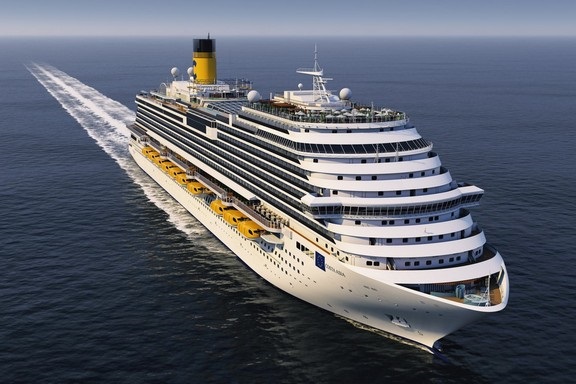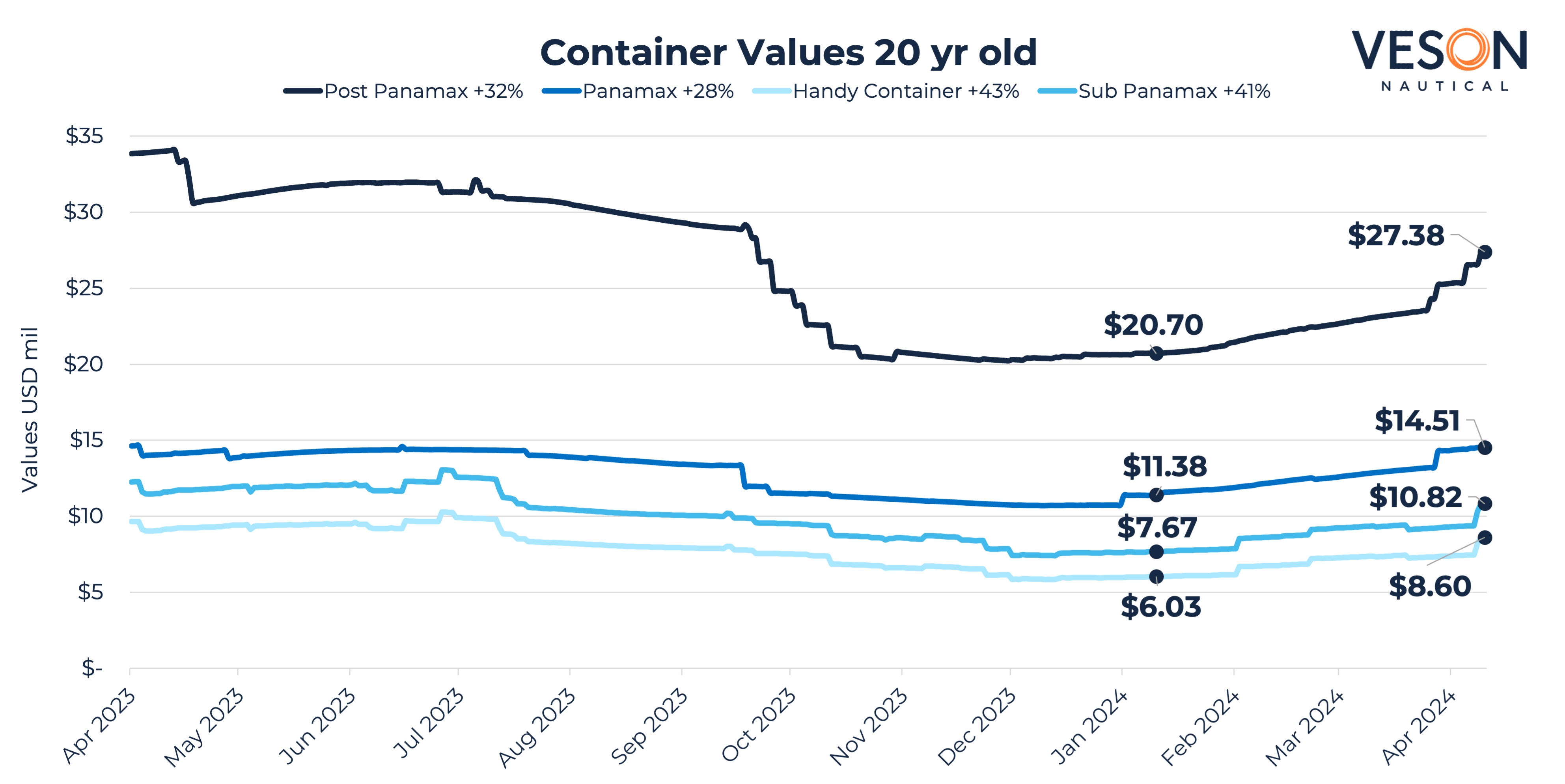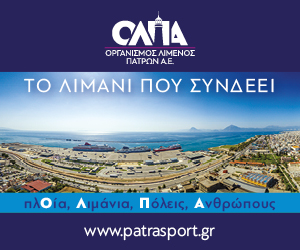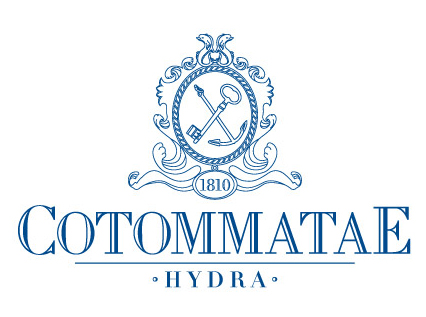After more than 2 years under a COVID cloud, the answer is yes.
In late May, I was set to sail on MSC Cruises' MSC Divina from Cape Canaveral, Florida. I had to wait nearly two hours to board.
Lines are back. There are fewer free lounge chairs on the decks, and the wait for a cocktail at the bar is a little longer.
Things are slowly returning to normal after two years of COVID-19 – or a "black swan event," as Norwegian Cruise Line Holdings Ltd. CEO Frank Del Rio referred to the pandemic that shut down the industry for more than a year.
"No more black swan events. ... the industry is going to progressively get better, going back to normalcy reaching the normal, high occupancy that we've always enjoyed," Del Rio said in an earnings call in May.
Other lines have a similar, optimistic outlook. Tom McAlpin, CEO of Virgin Voyages, which delayed its launch because of COVID, told USA TODAY that the brand has come a long way and has "so much more to come."
"We're seeing really promising growth and a steady climb as the industry continues to regain its momentum," McAlpin said.
And during the cruise, while I wasn't bothered by wait times, I did notice them. And that was only with just over 2,400 passengers on board – a little more than half the headcount MSC Divina is able to accommodate in a single sailing.
Cruise traffic in New England: Hoping for 'a pivot toward more domestic cruises'
'I felt safer on the cruise than Walmart': COVID protocols on cruises prove effective, initial CDC data shows
Cruising resumed just over a year ago, when Celebrity Cruises' Celebrity Edge ship led the industry's restart after receiving approval from the Centers for Disease Control and Prevention to sail with paying passengers on June 26, 2021.
So, where does the industry stand after ramping up operations for months on end while facing changing protocols and cases on board?
Well, more ships are on the water, capacity levels are rising, bookings are up and COVID-19 protocol is slowly loosening.
"About 10 million people having sailed worldwide since cruising resumed beginning in July 2020 in Europe – and today, intent to cruise among travelers who have cruised before and those who are considering a cruise for the first time is higher than it was prior to the pandemic," Kelly Craighead, president and CEO of Cruise Lines International Association, told USA TODAY in an emailed statement.
Almost 100% of CLIA's ocean-going cruise line fleet will be back to service by the middle of this summer, she said.
It's up to cruise passengers to decide their comfort level in terms of COVID
The CDC is leaving it up to cruisers to decide whether they feel comfortable boarding a ship for any period.
The agency dropped its risk assessment of cruise travel in March after more than two years of warning travelers against the dangers of contracting COVID-19 on a cruise amid the pandemic.
"Travel Health Notices" are issued by the CDC to inform travelers about current health issues that could impact travelers' health such as outbreaks and natural disasters among others.
The removal of the notice didn't indicate that the agency considers the activity to be without any risk.
"Cruising will always pose some risk of COVID-19 transmission," Tom Skinner, spokesperson for the CDC, told USA TODAY in June.
But, now that the warning has been dropped for some time, the onus is on travelers to "make their own risk assessment when choosing to travel on a cruise ship, much like they do in all other travel settings," Dave Daigle, a spokesperson for the CDC, told USA TODAY in March.
Demand is high: Bookings are up, ships are back up and running
For some cruise lines, bookings are on the rise – though some have been negatively impacted by events such as the winter's omicron surge and the Russia-Ukraine conflict.
As a part of Norwegian's first-quarter earnings report, the company revealed that those events forces spurred a downturn in terms of bookings. But CEO Del Rio is convinced things are headed in the right direction.
"We are encouraged that consumer demand remains robust with net booking volumes not only back to pre-Omicron levels but now approaching historical levels despite a temporary retreat due to the Russia-Ukraine conflict," Del Rio said in a May 10 release.
In a May earnings call, Carnival Corporation – parent company to brands including namesake Carnival Cruise Line, Holland America Line and Princess Cruises, among others – reported that occupancy on its ships was at 69% in the second quarter, up from 54% in the first quarter, and 74% of its fleet was back in service. That's up from 60% in the first quarter. Booking volumes for future sailings were also nearly double that of the first quarter.
And MSC Cruises' final vessel of its 19-ship fleet returned to service in early June, and the company has similarly seen high demand, according to Rubén A. Rodríguez, president of MSC Cruises USA. The cruise line has even seen "a few weeks in a row of record bookings globally," Rodríguez said.
"Travelers are excited about returning to the sea, and they’re responding well to the investments we’ve made in extra staff on board, improved dining options, and other areas to provide a level of service and comfort that’s difficult to find on shore," he added.
Jonathon Fishman, a spokesperson for Royal Caribbean Group, said the company has boarded more than 2 million passengers since June 2021. One of its cruise lines, Royal Caribbean International, also saw its highest booking day and week ever in March.
"Heading into the summer season, we're seeing more and more multi-generational families looking to make up for lost time together during the pandemic, and seeing a promising demand environment from our guests," he said.
Many passengers feel safe on ships
Lauren Nash, a New Orleans meteorologist, went on a weeklong Norwegian cruise to the Caribbean with her parents in April, and told USA TODAY she felt safe during the trip.
Nash, 34, is fully vaccinated, has had a booster shot, and previously had COVID-19, so the pandemic wasn't a huge concern for her.
The trip, which made stops in Cozumel and Roatán among others, also marked her first international trip since the pandemic began, and her first cruise since 2019.
"I was so grateful to just have vaccines and have the ability to go on a trip like this, that it would've taken a lot for me to feel like it was a bad week," Nash said.
Once on board, she said the only aspect of the trip that brought the coronavirus to mind were the masks worn by crew members and a few passengers.
Jasmine McLaughlin, a mental health therapist from Virginia, went on a cruise in June for the first time since 2013. The 32-year-old and her husband took a five-night Caribbean voyage from Miami on Carnival Cruise Line, and McLaughlin said she also felt safe on board.
"I felt like they had really good protocols in place," McLaughlin told USA TODAY.
While masks were not required on board, McLaughlin said, they were recommended "in certain crowded indoor spaces" – though she recalled being one of the few people masking up consistently.
McLaughlin, who describes herself as "kind of a germaphobe," does wish the cruise line had emphasized one health and safety measure more: hand-washing. "But I felt like I did all I could do as an individual and that they did what they could do ... I felt like it was a good experience."
It's not smooth sailing for everyone, though.
What happens if you get COVID on a cruise?
Chriss and Jessi Brandt tested positive for COVID-19 while on board Norwegian Cruise Line's Norwegian Sky ship on a sailing that departed in May.
Their experience after finding out they were sick was less than positive, Chriss Brandt told USA TODAY.
"It appears to me that NCL was eager to isolate us to prevent the spread of the virus," Chriss Brandt said. "It was inconvenient for us to pack and move to a different stateroom, but understandable. The level of care and concern shown afterward did not match their initial effort (when we tested positive for COVID-19)."
While the Brandts loved the first eight days of their cruise, "we felt like we were not treated with great care during those last 24 hours," Chriss Brandt said.
"There was minimal contact from the staff, and it seemed as though the only way we received information or service was to request it," Chriss Brandt said. "They were not proactive at all. We also felt as though no one wanted to really take ownership of the situation. The medical care was disjointed at best."
The Brandts also faced expenses for Paxlovid – an antiviral drug to treat COVID-19 – which Chriss Brandt said was made clear by the ship's doctor, but the amount they were charged was a surprise. The couple's onboard account was charged $800 each, for a $1,600 total. Had they known they would've been charged that amount, the Brandts would have waited to get the drug when they returned to shore. The Brandts have not yet paid the bill in full. Chriss Brandt stopped their credit card and contested an initial charge of $1,000 to their bank, which is dealing with the cruise line directly.
The tickets for the cruise itself cost $2,070. "For us, ... (the Paxlovid price) seemed odd – $800 a piece seems really ridiculous when it's free in the U.S."
Chriss Brandt said it would have been free through insurance.
Before leaving the ship on June 3, they reached out to Norwegian several times on the ship and once after disembarking before turning communication over to their bank on June 7. By Thursday, the Brandts had not heard back from the cruise line about dissolving the charges for Paxlovid.
Even though they've found themselves in a bind disputing charges related to COVID-19, the Brandts will likely cruise with Norwegian again in the future.
"While we were disappointed in the way our COVID exposure was handled, neither of us want that to define our experience as a whole," Chriss Brandt said. The Brandts have cruised with Norwegian before – Jessi has been on eight sailings and Chriss has been on six with the brand.
"The majority of the staff we dealt with (specifically the first 8 days) were so friendly and helpful," Chriss Brandt said. "They really did a great job providing us with a positive environment and a genuinely good experience."
USA TODAY has reached out to Norwegian for comment.
Philip Lee and his wife, Eloisa, had a similar experience. They took a Holland America Line voyage to Vancouver in early June that included a bus trip to Denali National Park, followed by a train ride to Whittier, Alaska, where the Chester, California-based retirees boarded the ship.
Crystal Cruises will sail again: Two of its ships will resume service in 2023 under new owners
About two days later, Philip, 64, tested positive for COVID-19. The ship moved him to another room to isolate, and he said employees appeared ill-equipped to handle such a scenario.
Eloisa, 61, tested positive several days later, and was isolated in a separate room. They received little – and inconsistent – communication from medical staff, Philip said, and got “conflicting reports” from medical staff and guest services. Medical staff also did not provide them with a timeline for their isolation, despite the couple asking multiple times, they said, until two days before Philip was allowed to leave.
The couple praised the room service and housekeeping staffers. However, Philip said, “I thought the training was weak for guest services and medical. I thought the medical care was non-existent, and I didn’t think they knew how to handle COVID.”
Holland America offered the couple – who were both fully vaccinated and double-boosted – a future cruise credit, which they used to sail back to Alaska. Philip and Eloisa did not file a complaint with the cruise line. The couple said they might go on another cruise eventually.
“But until this COVID is gone or controlled, I don’t know,” Eloisa said.
"We’re sorry for any miscommunication that may have occurred. In instances where a guest needs to isolate or quarantine, our onboard team works diligently to keep them as comfortable as possible," Holland America Line spokesperson Bill Zucker told USA TODAY in an email.
Zucker said the medical center "gives those guests a written series of instructions including all requirements for isolation/quarantine, symptoms for health monitoring, and symptoms for which they should immediately call the medical center." Passengers are also provided with free internet, a wide movie selection, and room service options from all menus on the vessel.
Travelers who have to quarantine or isolate are given full future cruise credit to compensate for days of sailing they missed, Zucker said. Medical center expenses are also covered, he said, adding that if passengers must keep isolating shoreside, their hotel and food costs are also paid.
"Our medical center operates 24/7 and is staffed with a team of experienced doctors and nurses trained to manage a broad range of medical conditions, including COVID-19," he said. "Our award-winning medical centers are fully equipped with testing and treatment capabilities if needed."
COVID on a cruise: How a breakthrough case sent one couple from an ocean view balcony to the 'dungeon'
COVID cases continue to occur on ships
Vessels participating in the CDC's voluntary COVID-19 risk mitigation program for cruise ships are still required to report case counts on board to the health agency.
With those numbers, the CDC regularly updates its "Cruise Ship Color Status" chart delineating the ship's vaccination status, whether it is under investigation by the agency for COVID-19 and what public health measures each ship is taking.
As of Tuesday, the majority of ships participating in the program are classified as "orange," meaning those ships "have met the threshold for CDC investigation" for COVID-19.
But that doesn't mean that measures in place to mitigate COVID-19 on cruise ships aren't working.
The protocols in place on ships – such as vaccine requirements on many – to mitigate COVID-19 "absolutely has" worked to make cruise ships safer as the world faces a global pandemic, Capt. Aimee Treffiletti, who leads the CDC's maritime unit, told USA TODAY in October.
"Cruise is a success story in demonstrating health protocols that provide the highest level of mitigation of virtually any other setting," Craighead of CLIA told USA TODAY. "One of the best indications of the effectiveness is this: Since cruising has restarted in the United States, the vast majority of cases identified on cruise ships have been mild or asymptomatic and there has been an extraordinarily low number of hospitalizations."
Craighead called the comparison of cruise ship rates to rates on land "a stark divergence."
While the protocols have been successful, the CDC "remains dedicated to working with the cruise industry to minimize the spread (of) COVID-19, providing a safer and healthier travel environment for passengers and crew," Skinner said.
Traveling on a cruise soon? Here's how to prepare, healthwise
While it's up to travelers to decide whether they feel safe cruising, the CDC still has some recommendations for those who choose to board.
That guidance includes:
- Making sure you are up to date on COVID-19 vaccinations before leaving.
- Getting tested for COVID-19 close to your departure date.
- Checking with your cruise line to see whether there is a particular kind of COVID-19 request it requires passengers to take before boarding.
- Getting tested three to five days following your cruise, regardless of your vaccine status.
- Contacting your local health department to report a positive test after cruising.
usatoday.com



















